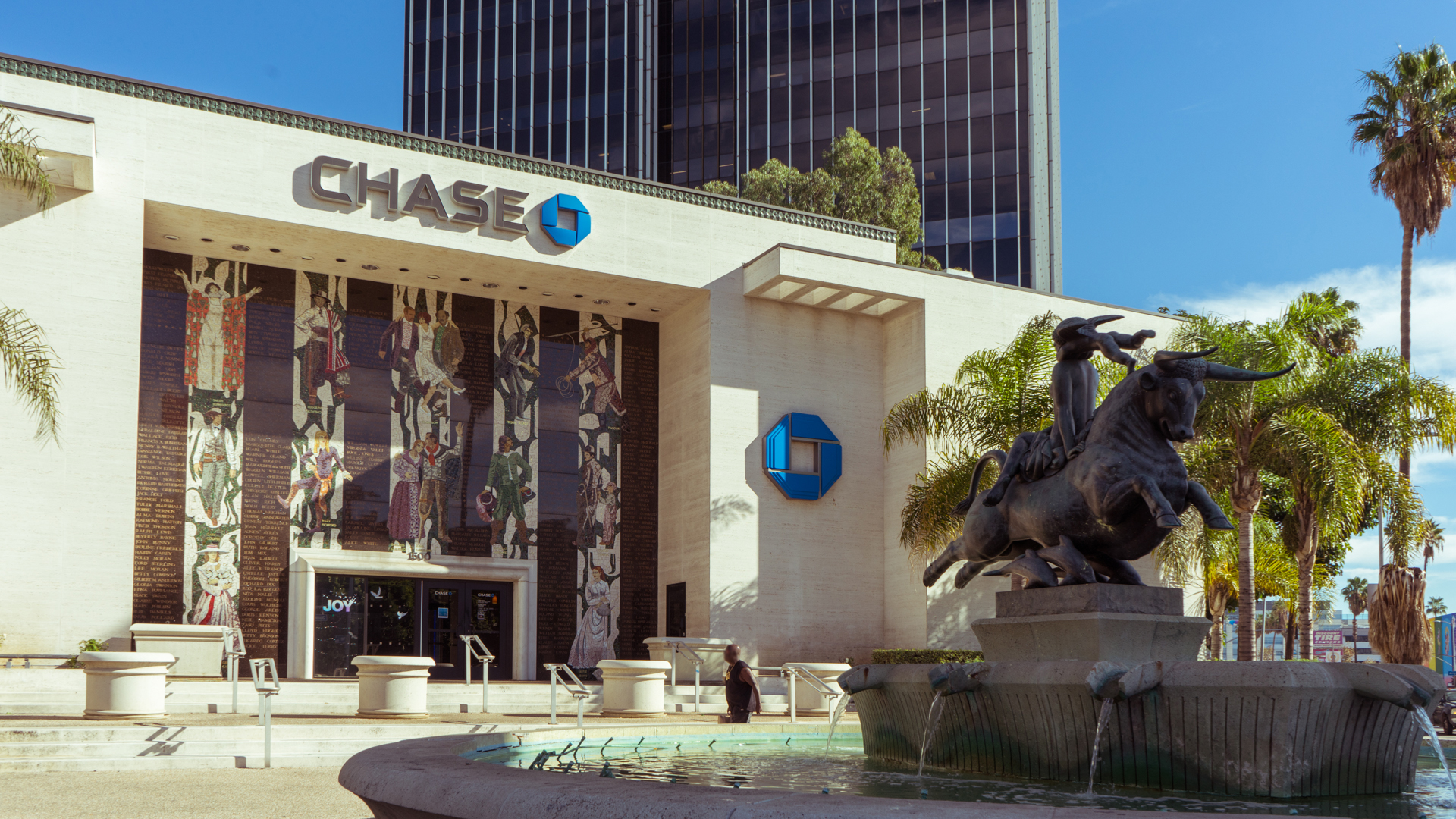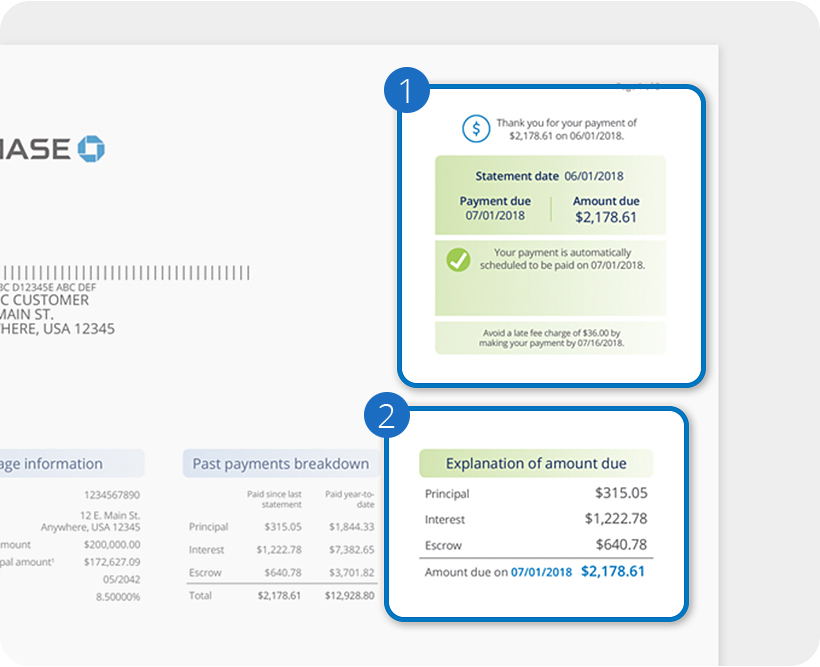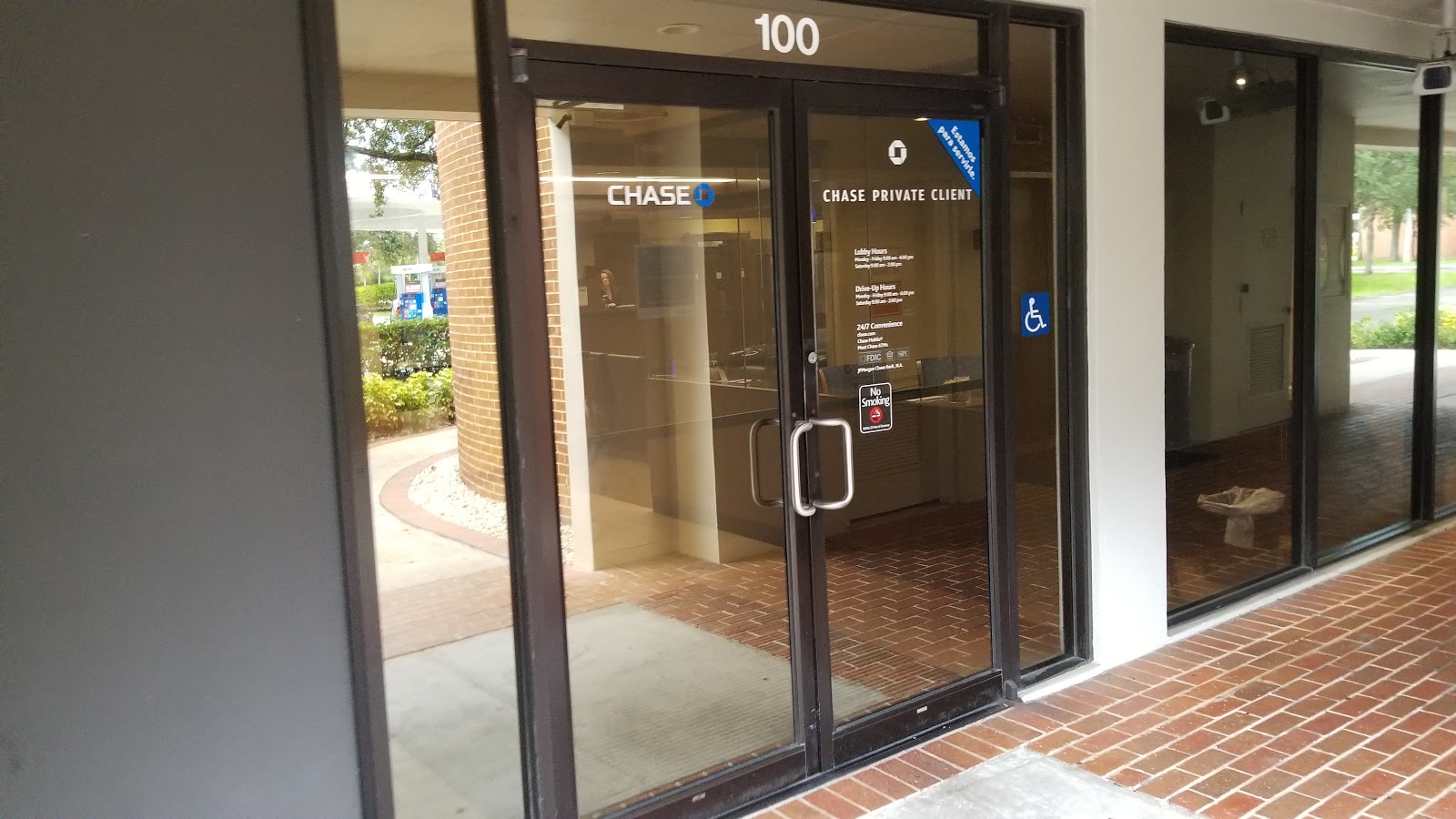Chase Bank Home Mortgage: Your Ultimate Guide To Securing Your Dream Home
Buying a home is one of the biggest financial decisions you'll ever make, and Chase Bank home mortgage can be your trusted partner in this journey. Whether you're a first-time homebuyer or looking to refinance, Chase offers a range of mortgage options tailored to fit your needs. But before diving in, it's crucial to understand how their mortgage products work and what sets them apart from other lenders.
When it comes to financing a home, Chase Bank has been a go-to choice for many Americans. With decades of experience and a solid reputation, they’ve earned trust by offering competitive rates and personalized service. But how exactly does Chase Bank home mortgage stack up against the competition? Let’s explore the ins and outs of their offerings.
In this article, we’ll break down everything you need to know about Chase Bank home mortgage, from the types of loans available to the application process and beyond. By the end, you’ll feel confident in making an informed decision about your homebuying journey. So, grab a cup of coffee, sit back, and let’s dive in!
Read also:Paolo Macchiarini Children A Journey Beyond The Spotlight
Table of Contents
- Overview of Chase Bank Home Mortgage
- Types of Chase Bank Mortgages
- Eligibility Requirements for Chase Mortgages
- Understanding Chase Mortgage Rates
- The Chase Mortgage Application Process
- Closing Costs and Fees
- Refinancing with Chase Bank
- Tips for Securing the Best Mortgage Deal
- Frequently Asked Questions About Chase Mortgages
- Conclusion: Is Chase Bank the Right Mortgage Lender for You?
Overview of Chase Bank Home Mortgage
Chase Bank home mortgage is more than just a financial product—it’s a comprehensive solution designed to help you achieve homeownership. As one of the largest banks in the United States, Chase offers a variety of mortgage options to suit different financial situations. From conventional loans to FHA, VA, and jumbo mortgages, Chase has something for everyone.
What sets Chase apart is their commitment to customer service and transparency. They provide clear information about rates, fees, and terms, ensuring that borrowers know exactly what they’re getting into. Plus, their online tools make it easy to compare options, track your application, and manage your mortgage after closing.
Why Choose Chase Bank for Your Mortgage?
- Competitive interest rates
- Wide range of loan options
- Convenient online application process
- Personalized customer support
- Flexible repayment terms
Whether you're buying your first home or upgrading to a larger property, Chase Bank aims to simplify the mortgage process and make it as stress-free as possible.
Types of Chase Bank Mortgages
Not all mortgages are created equal, and Chase Bank understands that. That’s why they offer a diverse selection of mortgage products to cater to different needs and circumstances. Here’s a closer look at the types of Chase Bank home mortgage options available:
Conventional Loans
Conventional loans are a popular choice for borrowers with good credit scores and a solid financial history. These loans are not backed by the government but are often insured by private mortgage insurance (PMI). Chase offers both fixed-rate and adjustable-rate conventional loans, giving you flexibility in how you structure your payments.
FHA Loans
FHA loans are ideal for first-time homebuyers or those with lower credit scores. Backed by the Federal Housing Administration, these loans typically require a smaller down payment and are more forgiving when it comes to credit requirements. Chase Bank is an approved FHA lender, making it easy to access this option.
Read also:Is John Travolta Gay Unpacking The Rumors Facts And Truth
VA Loans
If you’re a veteran or active-duty military member, a VA loan could be the perfect solution. These loans are guaranteed by the Department of Veterans Affairs and often come with no down payment requirement. Chase Bank offers competitive VA loan terms and works closely with service members to ensure a smooth process.
Jumbo Loans
For those looking to purchase high-value properties, jumbo loans are the way to go. These loans exceed the limits set by government-backed agencies and are typically reserved for borrowers with excellent credit and substantial financial resources. Chase provides jumbo loan options with attractive rates and flexible terms.
Eligibility Requirements for Chase Mortgages
Before applying for a Chase Bank home mortgage, it’s important to understand the eligibility criteria. While requirements may vary depending on the type of loan, here are some general guidelines:
- Minimum credit score: Typically 620 for conventional loans, though FHA loans may accept lower scores.
- Debt-to-income ratio: Ideally below 43%, but exceptions may apply.
- Down payment: Varies by loan type, ranging from 3% for FHA loans to 20% or more for jumbo loans.
- Employment history: A stable income and employment history are essential.
- Loan-to-value ratio: Determines how much you can borrow based on the property’s value.
Meeting these requirements can increase your chances of approval and help you secure better terms on your mortgage.
Understanding Chase Mortgage Rates
Mortgage rates can significantly impact your monthly payments and overall cost of homeownership. Chase Bank offers competitive rates, but it’s important to understand how they’re determined. Factors such as credit score, loan type, down payment, and market conditions all play a role in setting your rate.
Fixed-rate mortgages offer stability, with the same interest rate throughout the life of the loan. Adjustable-rate mortgages, on the other hand, may start with a lower rate but can fluctuate over time. Chase provides both options, allowing you to choose the one that best fits your financial situation.
How to Get the Best Rate
- Improve your credit score
- Make a larger down payment
- Shop around for the best rates
- Lock in your rate early if rates are favorable
By taking these steps, you can increase your chances of securing a lower interest rate and saving money in the long run.
The Chase Mortgage Application Process
Applying for a Chase Bank home mortgage is a straightforward process, thanks to their user-friendly online platform. Here’s what you can expect:
Step 1: Pre-Approval
Before you start house hunting, it’s a good idea to get pre-approved for a mortgage. This will give you a better idea of your budget and make you a more attractive buyer to sellers. Chase offers an easy online pre-approval process that typically takes just a few minutes.
Step 2: Submitting Your Application
Once you’ve found your dream home, it’s time to submit your full mortgage application. Chase requires some basic documentation, including proof of income, tax returns, and bank statements. Their team will guide you through the process and answer any questions you may have.
Step 3: Loan Approval
After reviewing your application, Chase will issue a loan approval or denial. If approved, they’ll provide you with a detailed breakdown of your loan terms, including interest rate, monthly payments, and closing costs.
Closing Costs and Fees
Closing costs are an important consideration when buying a home. These fees cover various expenses associated with the mortgage process, such as appraisal, title insurance, and attorney fees. Chase Bank is transparent about their closing costs and provides an estimate upfront so there are no surprises.
On average, closing costs can range from 2% to 5% of the loan amount. However, Chase may offer discounts or credits to reduce these costs, especially for existing customers or those with other accounts at the bank.
Refinancing with Chase Bank
Already a Chase Bank mortgage customer? Refinancing could be a smart move if you want to lower your interest rate, reduce monthly payments, or access cash for home improvements. Chase offers several refinancing options, including rate-and-term refinancing and cash-out refinancing.
Benefits of Refinancing with Chase
- Lower interest rates
- Reduced monthly payments
- Access to home equity
- Improved loan terms
Refinancing can be a powerful tool for managing your mortgage and achieving financial goals. Chase makes the process simple and straightforward, ensuring a seamless transition.
Tips for Securing the Best Mortgage Deal
With so many mortgage options available, it’s easy to feel overwhelmed. Here are some tips to help you secure the best deal:
- Shop around and compare rates from multiple lenders.
- Boost your credit score before applying.
- Save up for a larger down payment to reduce your loan amount.
- Understand the terms and conditions of your loan.
- Consider working with a mortgage broker for additional guidance.
By following these tips, you’ll be well on your way to finding the perfect mortgage for your needs.
Frequently Asked Questions About Chase Mortgages
Here are some common questions people have about Chase Bank home mortgage:
Q: What is the minimum credit score required for a Chase mortgage?
A: The minimum credit score typically ranges from 620 for conventional loans to 580 for FHA loans, but exceptions may apply.
Q: Does Chase offer special programs for first-time homebuyers?
A: Yes, Chase offers FHA loans and other programs specifically designed for first-time buyers.
Q: Can I lock in my interest rate with Chase?
A: Absolutely! Chase allows you to lock in your rate for a specified period, protecting you from market fluctuations.
Conclusion: Is Chase Bank the Right Mortgage Lender for You?
Chase Bank home mortgage offers a wide range of options to suit different financial situations and goals. With competitive rates, personalized service, and a user-friendly application process, Chase is a strong contender in the mortgage market. However, it’s always a good idea to compare offers from multiple lenders to ensure you’re getting the best deal.
Ready to take the next step? Whether you’re buying your first home or refinancing your current mortgage, Chase Bank is here to help. Don’t forget to check out their online tools and resources to make the process even smoother.
And hey, if you found this article helpful, why not share it with a friend or leave a comment below? Your feedback means a lot to us, and it helps others find the information they need. Thanks for reading!
Article Recommendations


